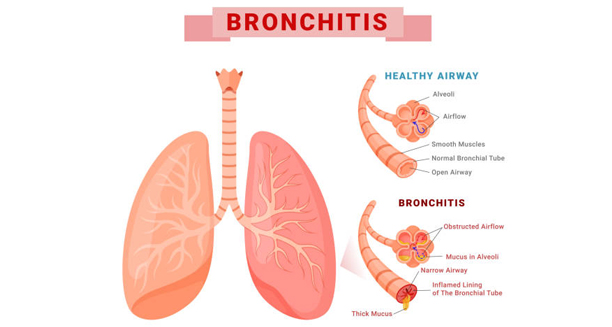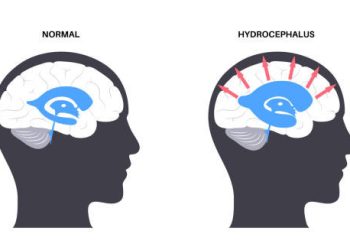Bronchitis – Overview
This condition bronchitis is a condition where the lining of the bronchial tubes — the airways that carry air to and from the lungs — becomes inflamed. This condition causes a persistent cough, production of mucus (sputum), chest discomfort, and sometimes shortness of breath. It can be acute, lasting a few days to weeks, or chronic, which persists over months and often recurs.
Acute bronchitis is usually caused by a viral infection, such as a cold or flu. It commonly affects people of all ages and typically resolves on its own. The chronic version, on the other hand, is a long-term condition often linked to smoking or exposure to air pollutants, and is one form of chronic obstructive pulmonary disease (COPD).
In both types, the inflammation of the airway linings leads to excess mucus production, which irritates the lungs and triggers coughing. Acute bronchitis is more prevalent in colder months and may follow an upper respiratory tract infection. Chronic is more common in adults, especially smokers.
Bronchitis
The hallmark symptom is a persistent cough, which may produce clear, yellow, or greenish mucus. Other symptoms include fatigue, wheezing, chest tightness, and low-grade fever. While the acute version is self-limiting, the chronic condition requires long-term management.
Most people with bronchitis recover without complications. However, in vulnerable groups — such as the elderly, infants, or people with weakened immune systems — the condition can lead to more serious respiratory illnesses like pneumonia.
[Next: Causes of Bronchitis →]


